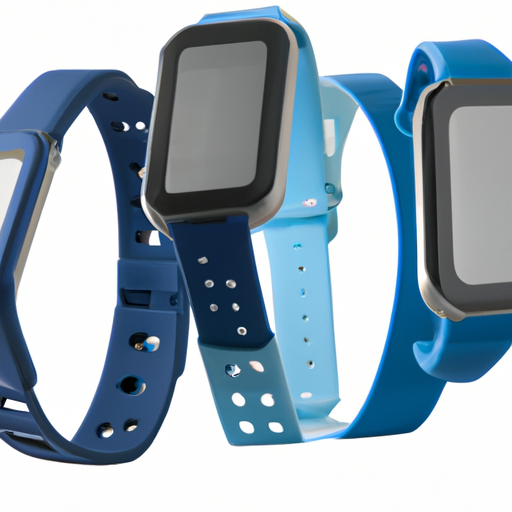In today’s fast-paced world, health and fitness have taken center stage, and the rise of wearable health monitors has revolutionized how we track our health metrics. These innovative devices empower users by providing real-time data on their physical well-being, helping to foster healthier lifestyles.
What Are Wearable Health Monitors?
Wearable health monitors are devices that can be worn on your body, such as smartwatches, fitness trackers, or clothing with embedded sensors. They analyze various health metrics, including heart rate, sleep patterns, physical activity, and even blood pressure, allowing individuals to gain insights into their health without visiting a clinic.
Benefits of Wearable Health Monitors
- Real-Time Health Tracking: Wearable devices offer real-time monitoring, enabling users to track their health metrics continuously. This instant feedback can help in making timely adjustments to workouts or daily activities.
- Personalized Health Insights: The data collected can be tailored to individual needs, providing personalized fitness plans and recommendations based on the user’s activity levels and health requirements.
- Motivation to Stay Active: Many wearable health monitors come with goal-setting features, reminders, and notifications that encourage users to stay active throughout the day.
- Integration with Other Health Technologies: Most wearable devices can sync with apps and other health technologies, offering a comprehensive view of one’s health.
Popular Types of Wearable Health Monitors
There are several types of wearable health monitors available today:
- **Fitness Trackers:** Devices like Fitbit track steps, calories burned, and heart rate.
- **Smartwatches:** Apple Watch and Samsung Galaxy Watch include fitness tracking alongside features like messaging and music.
- **Heart Rate Monitors:** Chest straps and wrist-based monitors that provide accurate heart rate readings.
- **Sleep Trackers:** Specialized devices designed to monitor sleep quality, duration, and cycles.
Challenges and Considerations
While wearable health monitors provide various benefits, it’s essential to consider privacy and data security. Users must be cautious about personal health data sharing and understand the policies of the apps with which they sync their devices.
Conclusion
With the ongoing advancements in health technology, the future of personal healthcare looks promising. Wearable health monitors are more than just gadgets; they are valuable tools for enhancing overall well-being and empowering users to live healthier lives. Whether you’re a fitness enthusiast or just looking to keep track of basic health metrics, investing in a quality wrist wearable device can lead to better health management and insights.
Stay tuned for more insights on the latest trends in health technology!




